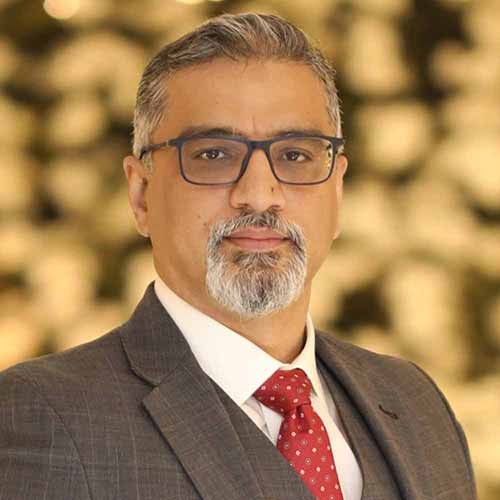
Many Sri Lankans have found themselves in a state of financial distress due to the unprecedented economic crisis that has challenged the nation. While inflation has shown some signs of cooling down in recent weeks according to the data from the Central Bank of Sri Lanka (CBSL), the reality on the ground appears quite different. People are yet to witness any significant reduction in the prices of goods or services; instead, they are experiencing a compromise in quality and quantity.
According to the World Bank’s most recent Poverty & Equity Brief for Sri Lanka, the percentage of the population living in poverty is growing at an alarming rate. In 2022, rates almost doubled from 13.1% to 25% – meaning an additional 2.5 million people fell below the poverty line. This year, the rate is expected to increase to 27.9%.
Many individuals in Sri Lanka are eager to improve their financial situations beyond what they were accustomed to. Some choose to take on a second job or engage in part-time work, while others venture into freelance opportunities. There are also those who embark on entrepreneurial endeavours while maintaining full-time corporate positions. Additionally, some opt to migrate to seek better opportunities, while others explore investment.

The central bank named nine entities that allegedly promote pyramid schemes
Schemes alert
Against this backdrop, numerous operators of pyramid and Ponzi schemes have entered the Sri Lankan market. The primary promise made by such schemes is that the invested money will generate substantial returns. These operations are prohibited under the provisions of Section 83C of the Banking Act, No. 30 of 1988.
While local social media reports a growing number of scam victims, in August the CBSL announced a crackdown on pyramid schemes, naming nine entities that allegedly promote them.
Gathering information from victims is extremely challenging, with many hesitant to come forward
In a stern warning posted on the social media platform X (formerly known as Twitter), the CBSL emphasised that anyone ‘who directly or indirectly initiates, offers, promotes, advertises, conducts, finances, manages or directs’ faces prosecution, with punishment even more severe for offences committed ‘wilfully or knowingly, or with knowledge that the act will cause damage or harm to any other person’.
As part of the government’s crackdown, CBSL has launched a media campaign to warn the public against the dangers of pyramid and Ponzi schemes. During a recent press conference, Dr Nandalal Weerasinghe, governor of the CBSL, said that concrete evidence is needed to take regulatory action against pyramid and Ponzi schemes, pointing out that gathering information from victims is extremely challenging, with many hesitant to come forward. Nevertheless, he urged individuals who have lost money to notify the police.
Financial illiteracy
In the Financial Literacy Survey Sri Lanka 2021 report, issued last October by the CBSL, financial literacy stood at 57.9% – a substantial improvement to what it was in 2014, when S&P Global Ratings found that only 35% of the population was financially literate.
Financial success requires hard work, informed decision-making and a solid understanding of financial practices
Despite a greater understanding of financial matters, the lure of ‘get-rich-quick’ schemes during a period of hardship may be too tempting. Exercising caution and scepticism when encountering such opportunities is essential, as many of them often turn out to be fraudulent.
In reality, genuine financial success typically requires hard work, informed decision-making and a solid understanding of sound financial practices. While shortcuts may seem appealing, they often lead to disappointment, financial loss, and in some cases, legal troubles.


